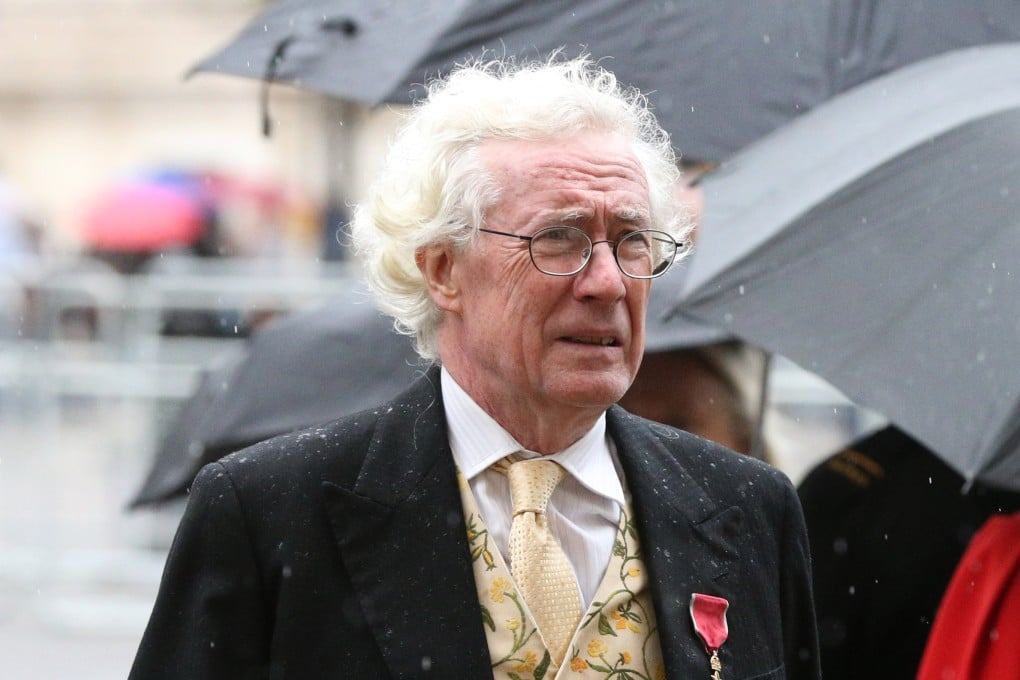My Take | Judge’s comments should prompt reflection on the judiciary’s role
- Sumption’s reasons behind his resignation from the city’s top court have put the focus on the need to strictly uphold judicial independence

The verdicts of judges can be controversial. But few create a storm of the kind that followed the uncompromising assessment of Hong Kong’s legal system by a British judge last week.
Jonathan Sumption, explaining his reasons for resigning from the city’s top court, warned of a “growing malaise” among Hong Kong judges. He said they operate in an “impossible political environment” and added: “The rule of law is profoundly compromised in any area about which the government feels strongly.”
This damning indictment, in a Financial Times article, sparked a robust response, with the chief executive and chief justice among those defending the city’s judges. The government published a long, point-by-point rebuttal. The judge also came in for strong criticism from Beijing. He was accused of being unprofessional, unethical and a tool of “external forces”.
But Sumption’s comments cannot be easily dismissed. This is not an attack from a British politician with an anti-China agenda. The distinguished judge served on Hong Kong’s Court of Final Appeal for five years. He has also, in the past, been a staunch defender of the city’s legal system and the role of foreign judges on the top court, saying they should not be abandoned. Clearly, he has changed his mind.
Sumption’s departure is disappointing. Many in the city’s legal profession will feel let down. It would have been better for him to stay and exert his influence in court. But his remarks should prompt reflection. They have already sparked a healthy debate about the role of the city’s judges.
Sumption described the atmosphere in Hong Kong as oppressive, referring to sensitivity about anything deemed to concern national security, from protest songs to Tiananmen memorials. He said it takes “unusual courage” for a judge to swim against the strong political tide.
He did not mention the very high conviction rate of almost 100 per cent in national security cases. That has played a part in shaping such perceptions. So has the fiery rhetoric from officials which has sometimes accompanied arrests, prosecutions and verdicts.
